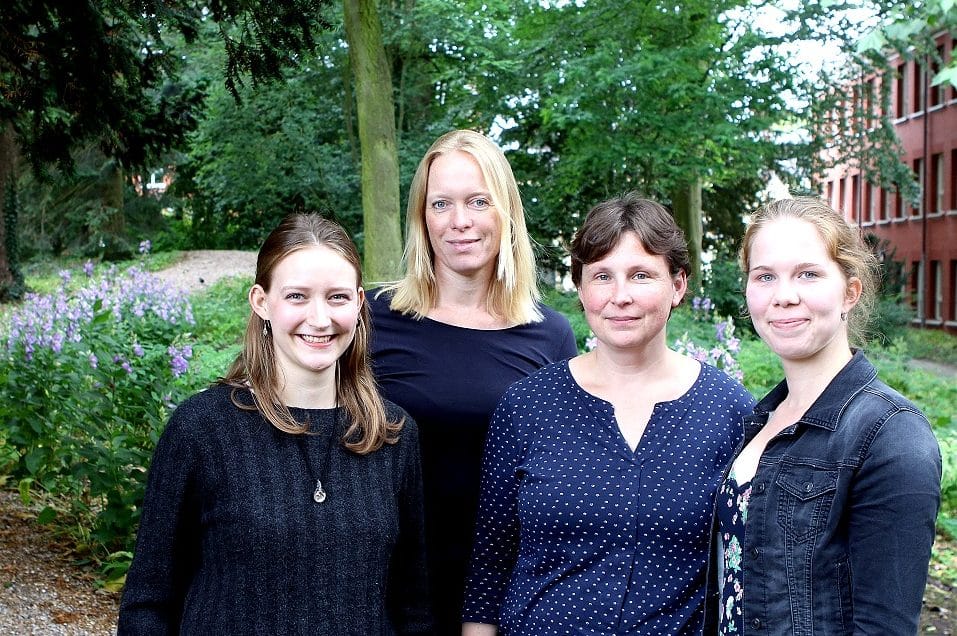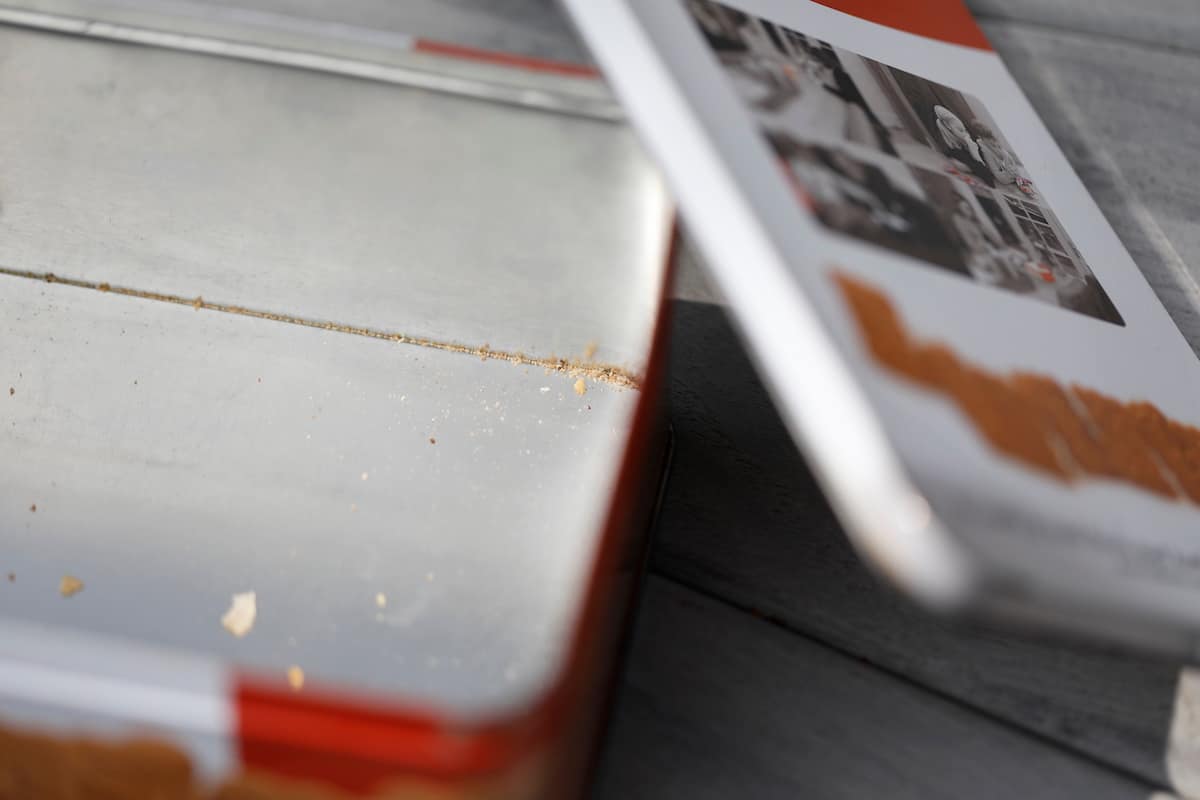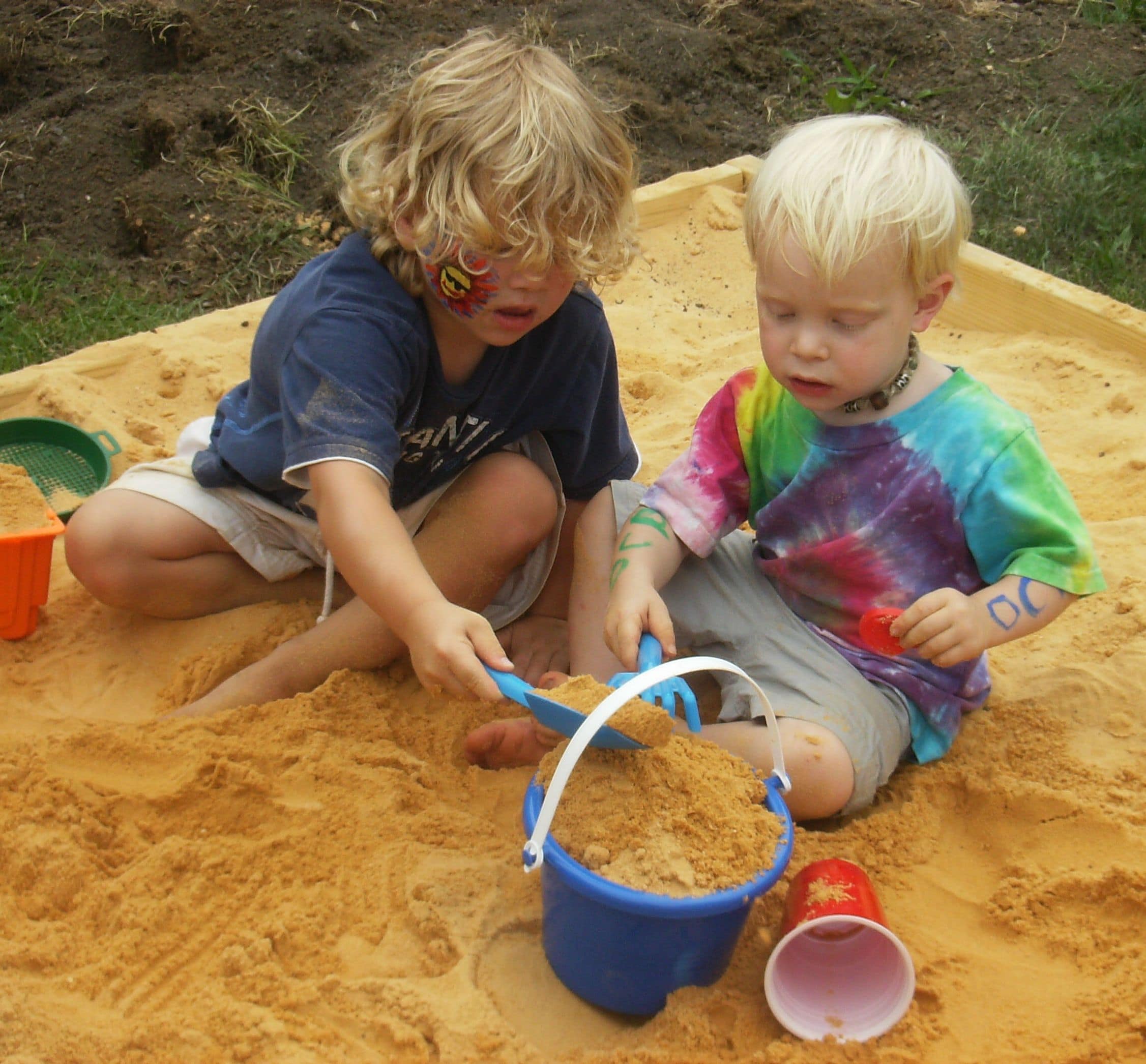Open Science practices should help solving the replication crisis, but they can be difficult to maintain. Perhaps the biggest problem is that individual researchers may think that they own the methods they designed or the data they generated. This may change if universities reward teams (including applied statisticians) rather than individuals.
After 2.5 years only 11% of the refugees who arrived in the Netherlands in 2014 have found a paid job. Together with The Hague Process, researchers and students from the RUG are investigating the challenges refugees face when finding a job and are developing a training to prepare Dutch employers to hire and integrate new refugees. Society and science can learn from each other.
The collaboration between Professor in Semantics and Cognition Petra Hendriks and Professor in Logic and Cognition Rineke Verbrugge has already existed for more than a decade. This year, they joined forces again for a new exciting research topic: Lying. How do people learn to lie and why is lying so difficult, yet important? Let’s find […]
Internationalization is hot, and our university is working hard to set up collaborations with universities in other countries, of which India is seemingly going to be one of them. A brief report to get a flavour of my first experience at Thapar University in Patiala, India.
What do the children’s behaviors teach us about learning? In educational and psychological studies, reasoning skills and peer interaction have been a primary focus of attention. Examining how children solve problems and how they interact with each other constitutes an ideal scenario to understand the learning process.





